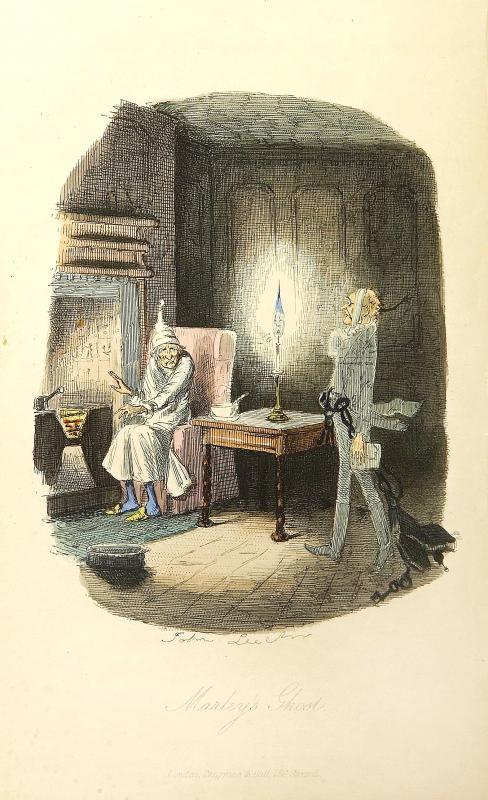The Proto-Indo-European (PIE) root meaning “man” is ner-. It survives in male names such as Andrew and Alexander, and is the root of the word that gives us “android,” first used in English in 1837 and meaning an automaton resembling a human being in form and movement. Android derives from the Greek andro- (man) and -eides (form, shape).
The ancient PIE root ner- also gave us the Greek anthropos, meaning “man, human being” (including women) — as opposed to the gods — and the English prefix anthropo- (“pertaining to man or human beings”). From here we have anthropocentric (placing humanity at the center of things); anthropology (the study of humans and human culture); and philanthropy (literally, the “love of mankind,” and by extension the giving of money to benefit people, from the Greek philanthropia (“humanity, benevolence and love to mankind”). The opposite of philanthropia is the Greek misanthropos (using misein, “to hate”), which gives us the English “misanthropy” (the hate of mankind) and “misanthrope” (a person that dislikes mankind and avoids people).
(Paul Cooper, Taipei Times)

Photo: Wikimedia Commons 照片:維基共享資源
原始印歐語字根「ner」,是「男人」的意思,在現今的男子名「Andrew」(安德魯)和「Alexander」(亞歷山大)中還可見到。這個字根也衍生出「android」(機器人;安卓)一詞,該詞最早使用在英文中是在一八三七年,意為形狀和動作都像人的自動機械裝置。「android」是由希臘文的字首「andro」(人),以及字尾「eides」(形式、形狀)所構成。
「ner」這古老的原始印歐語系字根,也衍生出希臘文「anthropos」,意為「男人、人類(包括女人)」──這是與眾神相對而言的,以及英文的前綴「anthropro」(「與男人或人類相關的」)。由此前綴,而有「anthropocentric」(以人類為宇宙中心的)、「anthropology」(人類學,即對人類與人類文化之研究),以及「philanthropy」(慈善事業,其字面意義為「對人類的愛」,並引伸為捐贈金錢以使人們受益。該字源於希臘文「philanthropia」(「對人類的人道、仁慈和愛」))等英文字。「philanthropia」的反義詞是「misanthropos」(該字中的「misein」,意為「恨」),由此衍生出英文的「misanthropy」(不願與人來往、憤世嫉俗),以及「misanthrope」(憤世者、不喜人類且不願與人來往的人)。
(台北時報林俐凱譯)
Did you know?
你知道嗎?
Indo-European languages constitute a large language family incorporating most European languages, the Germanic (including English), Romance and Balto-Slavic group languages among them, as well as languages in the northern Indian Subcontinent and the Iranian Plateau. All in all, 46 percent of the global population speaks an Indo-European language as a first language.
Proto-Indo-European (PIE) is the linguistic reconstruction of the Indo-European languages’ ancient common ancestor. There is no written record of PIE.
印歐語系是個龐大的語族,涵括了大多數歐洲語種──例如日耳曼語(包括英語)、羅曼語和波羅的-斯拉夫語族,也包括北印度次大陸及伊朗高原的語言。總體而言,全球人口有百分之四十六是以印歐語系之語言為母語。
原始印歐語系(PIE)是推理重建出來的印歐語系共同祖先。原始印歐語系並未有書寫下來之記錄。

Step into any corner of Turkiye, and you’ll likely encounter the iconic “Evil Eye,” known as “nazar boncu?u” in Turkish. This striking blue glass ornament is shaped like an eye with concentric circles of dark blue, white, and light blue. While its name in English suggests something threatening, it’s actually a charm designed to ward off misfortune. The origins of the nazar boncu?u can be traced back to ancient Mediterranean and Middle Eastern traditions. The word nazar comes from Arabic, meaning “gaze,” while boncu?u translates to “bead” in Turkish. Central to the nazar boncu?u’s mythology is the idea that

A: Wow, Les Miserables Staged Concert Spectacular is visiting Taiwan for the first time. B: Isn’t Les Miserables often praised as one of the world’s four greatest musicals? A: Yup. Its concert is touring Taipei from tonight to July 6, and Kaohsiung between July 10 and 27. B: The English version of the French musical, based on writer Victor Hugo’s masterpiece, has been a huge success throughout the four decades since its debut in 1985. A: The musical has never toured Taiwan, but going to the concert sounds like fun, too. A: 哇,音樂劇《悲慘世界》紀念版音樂會首度來台巡演! B: 《悲慘世界》……它不是常被譽為全球四大名劇之一嗎? A: 對啊音樂會將從今晚到7月6日在台北演出,從7月10日到27日在高雄演出。 B: 這部法文音樂劇的英文版,改編自維克多雨果的同名小說,自1985年首演以來,在過去40年造成轟動。 A:

Some 400 kilometers above the Earth’s surface, the “International Space Station” (ISS) operates as both a home and office for astronauts living and working in space. Astronauts typically stay aboard the station for up to six months and engage in groundbreaking research projects in various fields, such as biology, physics and astronomy. These projects help scientists understand life in space and contribute to advancements that benefit people on Earth. The ISS has experienced significant growth since construction began in 1998. The station’s design and assembly represent an extraordinary international collaboration among Canada, the European Union, Japan, Russia and the United States.

A: While hit musical Les Miserables’ concert tour kicks off, South Korean drama Squid Game 3 will be back at the end of this month. B: New Taiwanese dramas The World Between Us 2 and Zero Day Attack have also gained attention. A: I heard that Zero Day Attack is a story about the Chinese Communist Party’s People’s Liberation Army trying to attack Taiwan by force. B: The drama’s subject is so sensitive that it has sparked a lot of controversy in society. A: I just hope that such a horrible story will never happen in